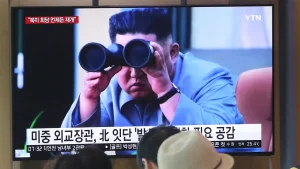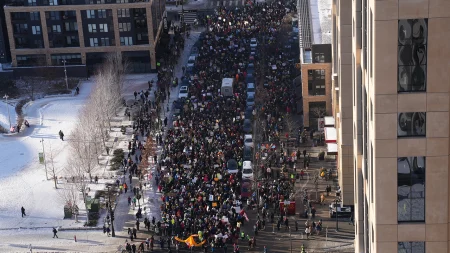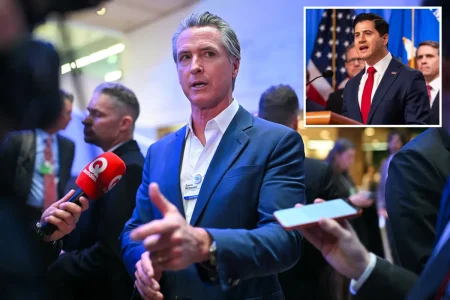Trump and the Nobel Peace Prize: A Tale of Timing and Diplomacy
Donald Trump has long expressed his desire for the Nobel Peace Prize, viewing it as the ultimate validation of his diplomatic efforts on the world stage. For years, the former president has suggested he deserves consideration for this prestigious honor, pointing to his administration’s work on various international agreements. This ambition has become something of a recurring theme in his political narrative, with Trump occasionally expressing frustration that his peace initiatives haven’t received the recognition he believes they merit.
Interestingly, the timing of the Nobel Prize announcement carries a particular significance this year. The winner will be revealed just 48 hours after President Trump announced what he characterized as a breakthrough in the complex and devastating Israel-Hamas conflict. This proximity of events creates a compelling juxtaposition, as Trump’s announcement comes at a critical moment when the world’s attention is focused on the possibility of progress in one of the most intractable conflicts in the Middle East.
The Nobel Peace Prize represents more than just an accolade; it symbolizes the international community’s recognition of meaningful contributions to global harmony and conflict resolution. Throughout history, the prize has been awarded to individuals and organizations who have demonstrated exceptional efforts to promote peace, often under challenging circumstances. For Trump, securing this honor would represent not just personal vindication but also a powerful statement about his legacy in foreign affairs.
Trump’s announcement regarding the Israel-Hamas situation highlights the complex intersection of diplomacy, timing, and the pursuit of peace. Whether this development will influence the Nobel Committee’s decision remains to be seen, but it underscores the former president’s continued engagement with high-stakes international diplomacy. Peace initiatives in the Middle East have long been considered potential pathways to Nobel recognition, given the region’s strategic importance and the global implications of its conflicts.
The Nobel Committee’s selection process is notoriously secretive and independent, designed to operate above political considerations. Recipients are chosen based on their contributions to fostering brotherhood among nations, reducing standing armies, or holding peace congresses – criteria established by Alfred Nobel himself. As the committee deliberates, they will evaluate candidates against these standards rather than responding to recent headlines or political momentum, maintaining the prize’s integrity and international credibility.
As the world awaits the announcement, the situation serves as a reminder of how closely intertwined personal ambition and global diplomacy can become. Trump’s pursuit of the Nobel Peace Prize reflects a broader desire for recognition of his approach to international relations, while the timing relative to his Israel-Hamas announcement creates a narrative moment that highlights the ongoing search for peace in troubled regions. Whether or not Trump’s name is called when the Nobel Committee makes its announcement, the episode illustrates how the pursuit of peace remains both a diplomatic imperative and, for some political figures, a matter of personal legacy.










